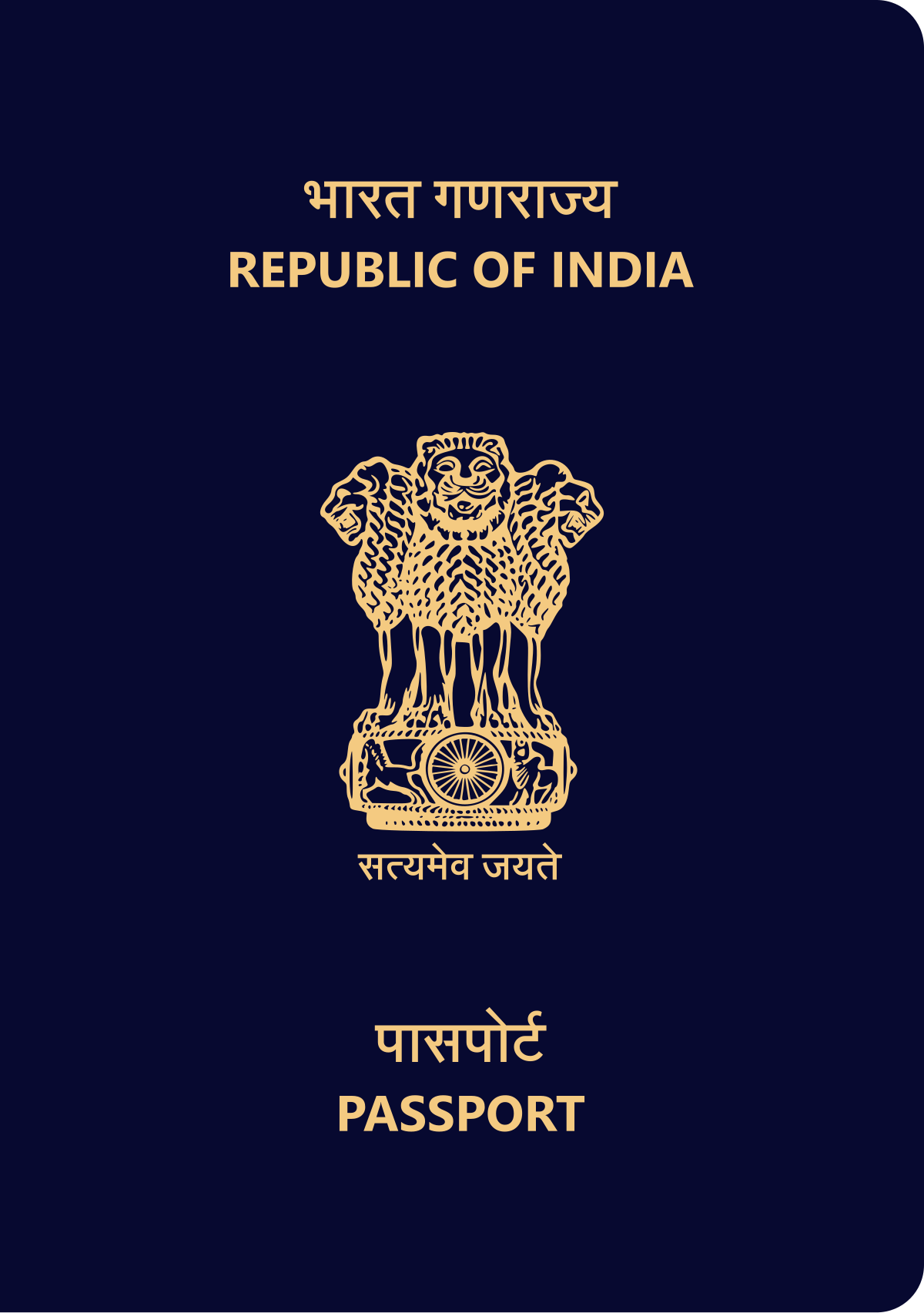The Growing Trend of Indians Renouncing Citizenship for Alternative Nationalities
In a surprising update by the External Affairs Minister, it was revealed that a record-breaking 225,620 Indian citizens have given up their citizenship in 2022 alone to gain new nationalities. This news has sparked discussions in the Indian parliament, media, and society.
In this blog, we will delve into the motivations driving this increasing number of Indians to renounce their citizenship, explore whether this trend is a cause for concern, and ponder the potential of dual citizenship as a solution to this issue.

Analyzing the Numbers

Examining The Statistics:
While the number for 2022 stands out as remarkably high, an average of 138,620 citizenship renunciations over the past 12 years suggests a consistent trend of Indians choosing to acquire another nationality. It’s essential to acknowledge that during the COVID-19 pandemic, there was a significant backlog of applications due to slowed visa and citizenship processing worldwide.
This is exemplified by the remarkably low number in 2020, which indicates that the surge in 2021 and 2022 partly results from addressing these backlogs.
An Emerging Trend: Post-COVID Period (2020-2022)
A deeper analysis of the data reveals an intriguing trend:
- Pre-COVID Period (2011-2019): Average of 132,133 individuals renouncing Indian citizenship.
- Post-COVID Period (2020-2022): Average of 158,802 individuals renouncing Indian citizenship.
This 20% increase post-COVID underscores a growing inclination among Indians to opt for foreign citizenship.
Shift in Motivation
Traditionally, Indian immigration has been driven by economic prospects, education, and an improved quality of life, often attainable through foreign residency without needing citizenship.
However, the post-COVID landscape introduces a new motivation: global mobility. An increasing number of Indians are seeking foreign citizenship to access more powerful passports. The Indian passport offers visa-free access to approximately 57 countries, primarily in Asia and Africa. In stark contrast, passports from countries such as Turkey, Malta, and several Caribbean islands grant visa-free travel to over 150+ countries potentially including Schengen Area, United Kingdom and other important travel destinations for business owners, or individuals and families in general.
Obtaining a second citizenship presents an attractive option for Indians. However, the Indian government does not permit dual citizenship, meaning that an Indian national seeking foreign citizenship are expected renounce their Indian citizenship.
INDIAN PASSPORT
VISA-FREE ACCESS
57 Countries
Debate Surrounding Dual Citizenship
This surge in citizenship renunciations has sparked a debate within society, with many questioning whether India should consider allowing dual citizenship. Dual citizenship involves being a legal citizen of more than one country simultaneously. For instance, an individual could hold citizenship in both the United Kingdom and Canada, as these countries permit dual citizenship.
The advantages of dual citizenship encompass enjoying the rights and benefits of both countries, including the flexibility of using either passport for travel, which provides access to a wider array of countries.

If you are interested in obtaining a second citizenship & passport by investment, feel free to contact us here at Imperial Citizenship
OCI – A Bridge Between Identities:
A safeguard for Indians who plan to renounce their citizenship in order to gain a foreign citizenship the OCI card. This card gives holders a special privilege offered by the Indian government, allowing foreign nationals of Indian origin to maintain a strong connection with their roots. While not equivalent to full Indian citizenship, the OCI card provides significant advantages, including the ability to own property in India and access educational institutions. It essentially serves as a bridge between Indian identity and foreign nationality, easing some of the challenges faced by Indians living abroad.
Therefore, if an Indian gets a new passport or citizenship, they are expected to renounce their Indian citizenship in order to keep their newly obtained citizenship. The solution for Indians is to apply for the OCI card to maintain some rights in India such as those previously mentioned.
Conclusion
The increasing number of Indians giving up their citizenship, especially in the post-COVID era, can be attributed to a growing desire for global mobility driven by the limitations of the Indian passport. The debate around dual citizenship remains active, although current constitutional constraints pose challenges to its implementation. To comprehend this multifaceted issue fully, it’s essential to consider both historical data, evolving global dynamics, and the role of the OCI card in maintaining connections with Indian heritage.

